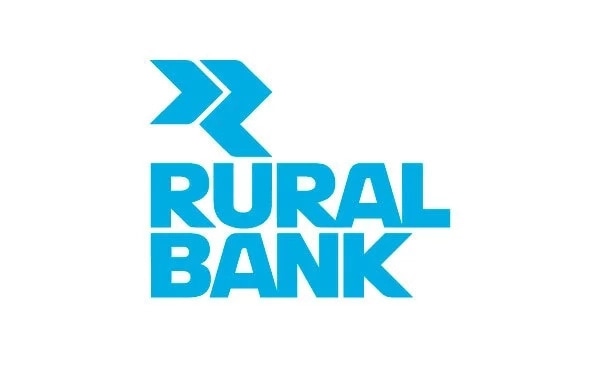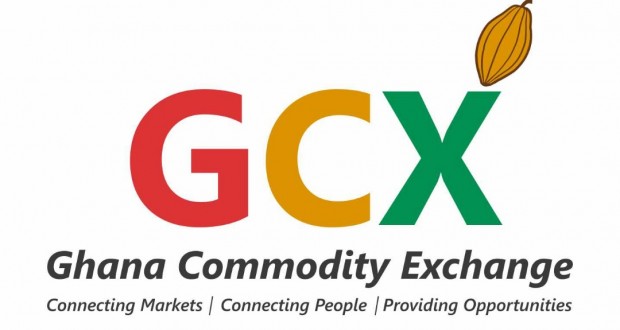
When the vote closes on Nov. 8 in the U.S., Ghanaians may realize that they were watching the American version of their election, which will take place in December.
All eyes are on the U.S. election for good reason. It’s a made-for-TV reality show of two “huge” personalities and names.
Although the polls suggest a victory for Hillary Clinton, the race remains theoretically tight with the results turning on the ballots in a few key states — Florida, North Carolina, Ohio and Pennsylvania.
Hillary wants the focus to be on “stronger together” and forging ahead in the current economy. Trump prefers a change of course on many things, especially the economy.
Although lacking a Trump-esque personality, Ghana’s election is also a match of two “huge” names. The results will likely turn on a small percent of the electorate. And one’s view of the economy will surely dictate their vote in this election.
Ghanaian elections past and present
The 2012 election
The last general election, held on Dec. 7, 2012, avoided a runoff by only a few thousand votes. Incumbent president John Dramani Mahama and the National Democratic Congress (NDC) party won with 50.7 percent of the vote against Nana Akufo-Addo and the New Patriotic Party (NPP), which received 47.7 percent of the vote. The opposition alleged the Electoral Commission had tampered with results and filed a petition at the Ghanaian Supreme Court to review the election results. The case lingers as an open discussion.
Digging deeper into the data, the New Patriotic Party won two of Ghana’s 10 regions, specifically Ashanti and Eastern. Ashanti is the most populous region and home to large metropolitan Kumasi. A slightly better performance in these regions and Akufo-Addo could have been president.
The 2016 election
The 2016 political fight again expects to make a few regions the focus of the discussion. The National Democratic Congress knows everything with an economic interest is political: jobs, food, and infrastructure. The economy is recovering but not quick enough for President Mahama’s campaign.
The opposition New Patriotic Party, still led by Akufo-Addo, is pushing a narrative centered on the economic trail of tears. He prefers to ask the crowd if their lives have improved in the last eight years, emphasizing the perceived economic woes of President Mahama’s party’s eight years in office. Mahama assumed office on July 24, 2012 following the death of his predecessor John Atta Mills and was subsequently elected to his firm term as president on Dec. 7, 2012.
It’s the economy, stupid
Inflation
The Ghanaian economy, as many analysts predicted, is recovering after more sound decisions had been made with an impending election on the radar. Inflation, although still high (north of 17 percent year-over-year), is trending downward which is an imperative in an election year for a victory, as demonstrated by the slogans trickling from president Mahama’s campaign.
That said, the risks for an inflation rise are also there: a bump in food prices, foreign exchange challenges, and the recently approved 12.5 percent increase in public sector wages and 10 percent minimum wage increase (both effective Jan. 1, 2017). Insiders to Akufo-Addo’s campaign recognize the tight line that must be walked between speaking to people in tough economic times. The higher wages are considered a positive in many communities.
Oil production
The Jubilee oil field discovery in deep waters offshore Ghana is a success story (and now a point of pain) for Mahama.
Oil production at one of Ghana’s premiere oil fields halted production for nearly two months between March and May because of a technical issue. Tullow Oil revenues suffered in the second quarter of 2016 with GDP in the same quarter feeling some pain. The second half of 2016 is expected to be better with Jubilee operations normalized and completion of the TEN project. Oil production at TEN began on Aug. 18 with Tullow estimating 80,000 barrels per day by year end. Such a bump by year’s end and further expansion in 2017 provides fodder for Mahama’s economic uptick pitches.
Debt and deficit
Ghanaian Finance Minister Seth Terkper is talking improving debt-to-GDP numbers to the international community and locals may slowly buy into the talk. But he has to be worried that revenue numbers from the third quarter of 2016 could confound the message if the trend is not in line with his projections. Missing the deficit target could send negative signals to investors and rating agencies as well as keep interest rates high.
The Ghanaian government continues to talk another possible Eurobond issuance. The challenges in the current economy – while looking up in the immediate term – are concerning external investors. It is best (and likely) that any issuance will be stalled until after the election. A market unsure about which government will be spending the money will manifest in the pricing.
It’s 50-50 which type of market would be at the gate for any Ghanaian offering. If markets are telling of elections, then a Hillary Clinton victory is slowly being priced into the U.S. market. Sorry Ghana…the market cannot price anything at that moment for you. The world has to see who pulls away in the final weeks of your election. Until then, the world of investors, like the economy, waits in the wings for the results before hitting full stride again.
Author: Kurt Davis Jr. is an investment banker with private equity experience in emerging economies focusing on the natural resources and energy sectors. He earned a law degree in tax and commercial law at the University of Virginia’s School of Law and a master’s of business administration in finance, entrepreneurship and operations from the University of Chicago. He can be reached at kurt.davis.jr@gmail.com.









